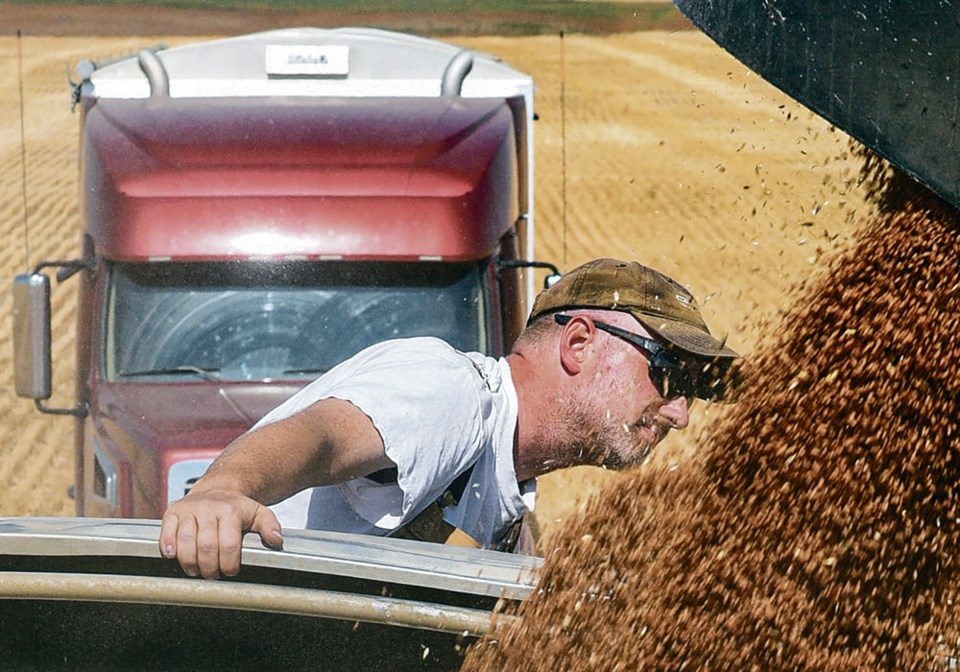The Canada Grain Act and the Canadian Grain Commission are pillars established to serve grain producers. It’s our collective responsibility to ensure that the framework governing grain regulation and oversight prioritizes the interests of the backbone of our industry — farmers.
Established in 1912, the Canada Grain Act sets standards for Canada’s grain industry, ensuring quality, safety and fairness in grain trading. Under its purview, the grain commission operates critical programs that ensure quality standards, information access and protection from payment default.
This spring’s Canada Grain Act Summit in Saskatoon provided a crucial platform for producer groups to address critical issues concerning the legislation and the commission, sparking discussions vital for our agricultural sector’s future. Throughout the summit, participants engaged in discussions pivotal to the Canadian grain industry’s competitiveness and prosperity.
Understanding the grain commission’s role and mandate was central. Participants stressed maintaining objectivity in its operations and governance for fairness and transparency. To achieve this, those regulated by the commission should not unduly influence its decisions, ensuring policies serve producers’ best interests.
The need to enhance producer protections, including increased oversight of quality assessment at primary elevators, dispute resolution mechanisms and payment security, were emphasized. The grain commission must act as a guardian of producer rights, ensuring accountability and equity throughout the agricultural value chain.
Transparent, consistent and efficient delivery contracts and market information emerged as critical themes.
Enhancing market clarity with information such as forward export sales empowers producers to make informed decisions.
Participants noted successful use of a consistent grain contract in Australia, yet similar streamlined models are lacking in Western Canada due to the reluctance of grain companies to engage and the grain commission to initiate discussions on improvements.
The summit emphasized the significance of sustainable funding approaches for the commission and upholding stringent quality standards to preserve the integrity of Canadian grain and maximize agriculture’s contribution to the economy.
Participants learned about inspection and funding systems in Australia and the United States and how their systems are maintained and administered with clear provisions for funding, including services delivered for the public good.
Maintaining grain export integrity is key for economic prosperity and reflects our commitment to excellence.
Integrity, accountability and transparency remain essential as we navigate trade dynamics and emerging consumer trends, ensuring the grain industry’s continued prosperity for today’s farm families and generations to come.
David Hunt, the commission’s newly appointed chief commissioner, will be stepping into the role at a crucial time. His leadership will be pivotal in navigating the concerns of grain producers and ensuring that the commission continues to function as a cornerstone of fairness and transparency in these complex times.
Our commitment to addressing challenges and driving positive change is unwavering. Let’s build on the summit’s momentum, fostering collaboration and commitment for a stronger, more resilient agricultural sector benefiting producers.
It’s crucial to reaffirm our commitment to the Canada Grain Act principles to maintain Canada’s status as a trusted grain supplier globally.
Ian Boxall is president of the Agricultural Producers Association of Saskatchewan. Jake Leguee, is chair of Sask Wheat.




